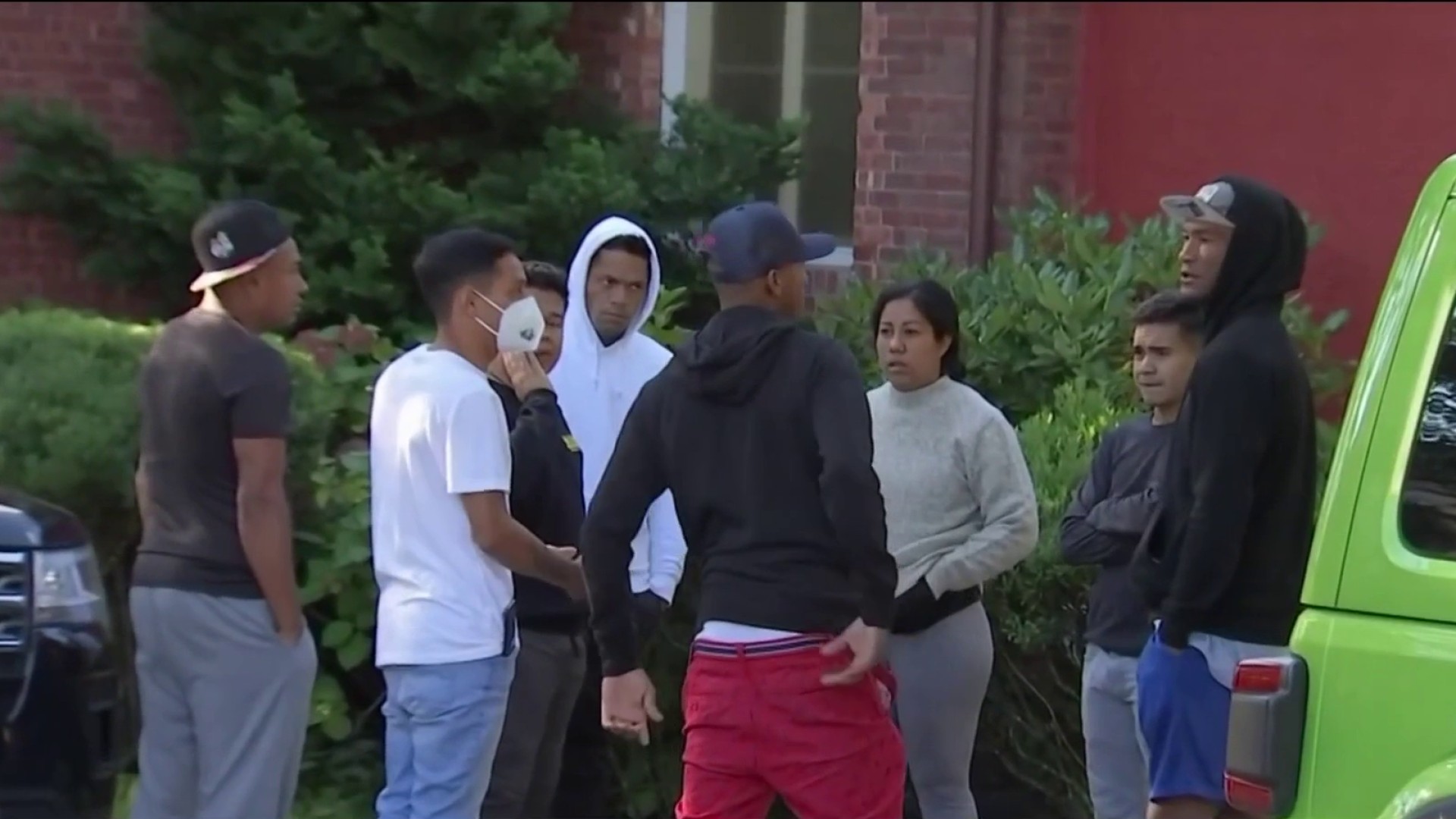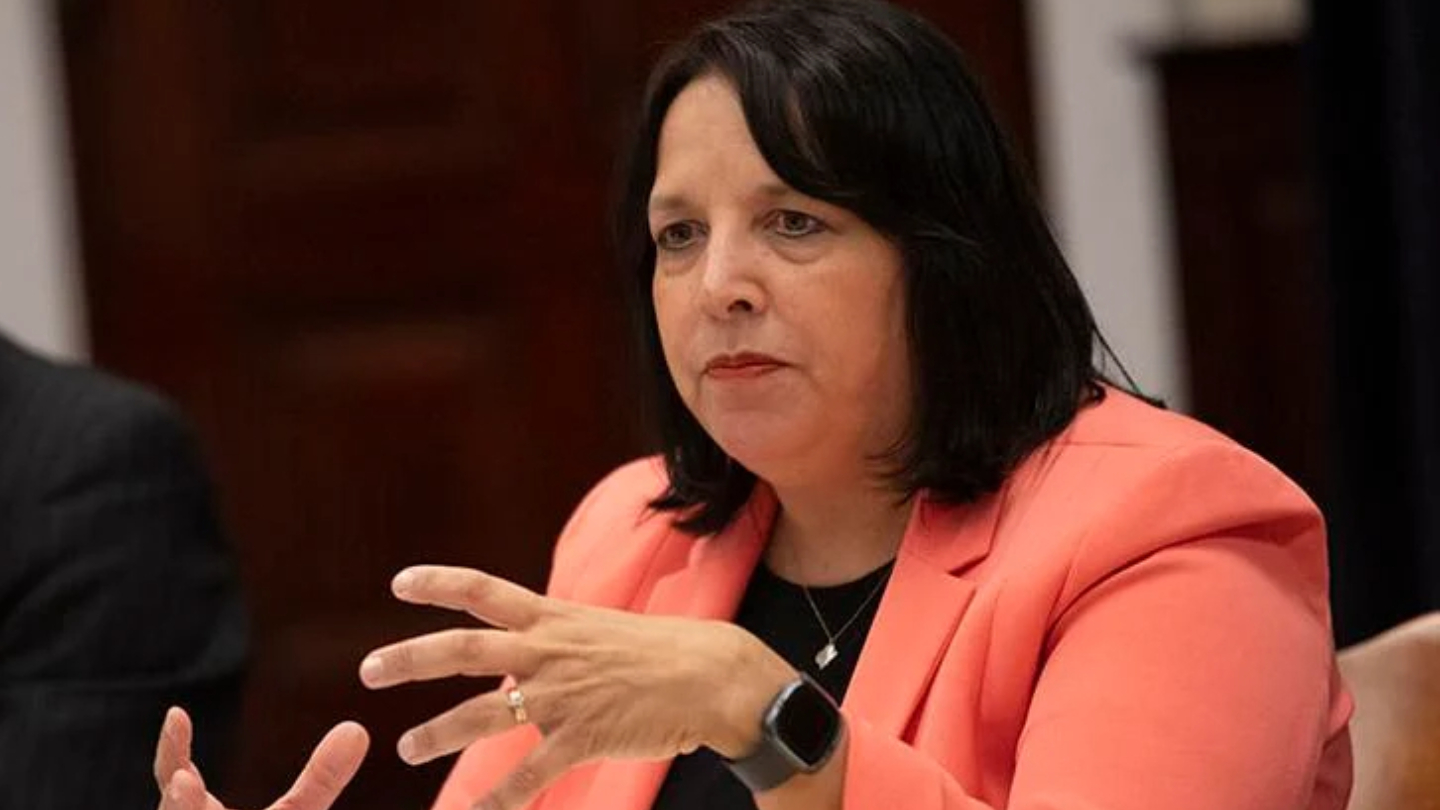
As Massachusetts sees a historic demand on its emergency housing, Gov. Maura Healey warned on Monday that the state is expected to reach its capacity at the end of the month — at which point families would no longer be guaranteed a spot within Massachusetts' shelter system
As of Sunday, there were close to 7,000 families in emergency shelter — or around 23,000 individuals, spread out across 90 municipalities at hundreds of locations, Healey said, noting that the state "does not have enough space, service providers or funds to safely expand beyond 7,500 families" — a cap anticipated to be reached at the end of October.
"From that point on, we will no longer be able to guarantee shelter placement for new families entering the system," Healey said. "I want to ensure you we will continue to engage, assess and serve every family who appeals for help as best we can."
Healey, alongside Lt. Gov. Kim Driscoll, said during Monday's news conference that the "unprecedented demand on the family shelter system" continues to be driven by people new to the country.
Families with high needs, like health and safety concerns, will get higher priority.
"Especially with winter approaching, we need everyone to understand that we are entering a new phase of this challenge, we can no longer guarantee shelter placement for families who are sent here, so we are implementing new strategies to address the situation."
Those new strategies include the appointment of a new emergency assistance director — Lt. General Scott Rice, who has more than 40 years of experience in the U.S. Air Force, including as Director of the Air National Guard.
The state is also looking to help families already in shelter exit the system faster, through housing and job programs. Healey, though, stressed that the state needs federal help with funding, setting up larger shelter sights and hastening job authorizations for newly arriving people.
"State and local budgets can only stretch so far," Healey said. "Ultimately we need Congress to advance meaningful immigration reform and pass the President's proposed funding."
"It's time for the federal government to step up, and do the job we need them to do," Healey continued.
Her news conference came after Healey declared a state of emergency in Massachusetts over a large influx of migrants entering the state. At the time of the declaration in September, Healey said the shelter system was already nearing 20,000 people.
Massachusetts is the only state in the country with a “right-to-shelter” law, which guarantees emergency shelter to families in need.
“We remain unwavering to being a state and people of compassion, safety, opportunity and respect but the increased level of demand is not slowing down,” Healey said. “Due to both a longstanding shortage of affordable housing as well as delays and barriers of federal work, we find ourselves in this situation.”
In mid-September, members of the Massachusetts National Guard were deployed to locations around the state that were serving as shelter sites — assisting with food services, medical care and education enrollment.
The federal government has also stepped in -- the Federal Emergency Management Agency gave the state and the city of Boston a $1.9 million grant to support shelter services and transportation.
The Biden administration also sent a Homeland Security team to Boston on Tuesday to assess the state of emergency shelters and identify potential solutions.



